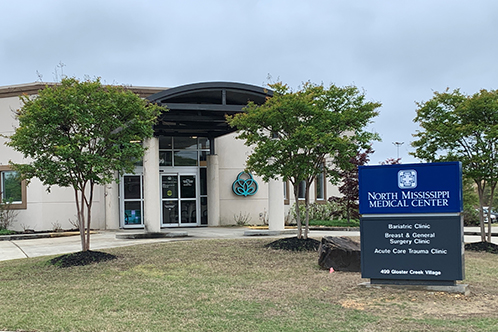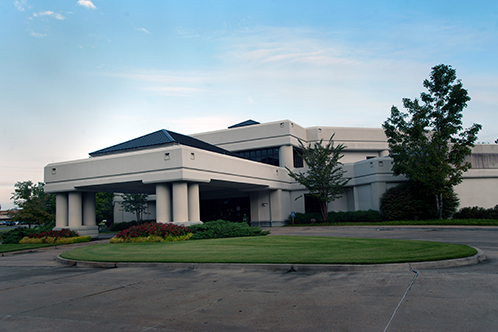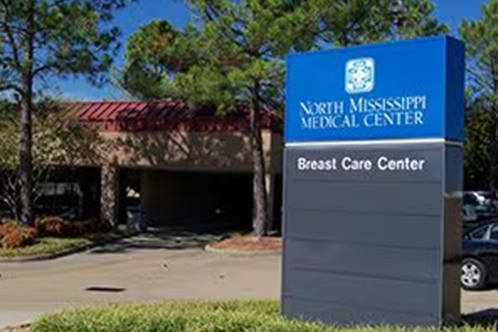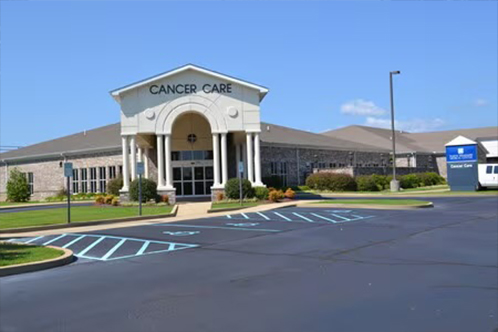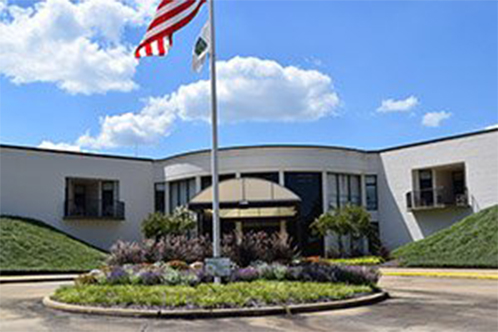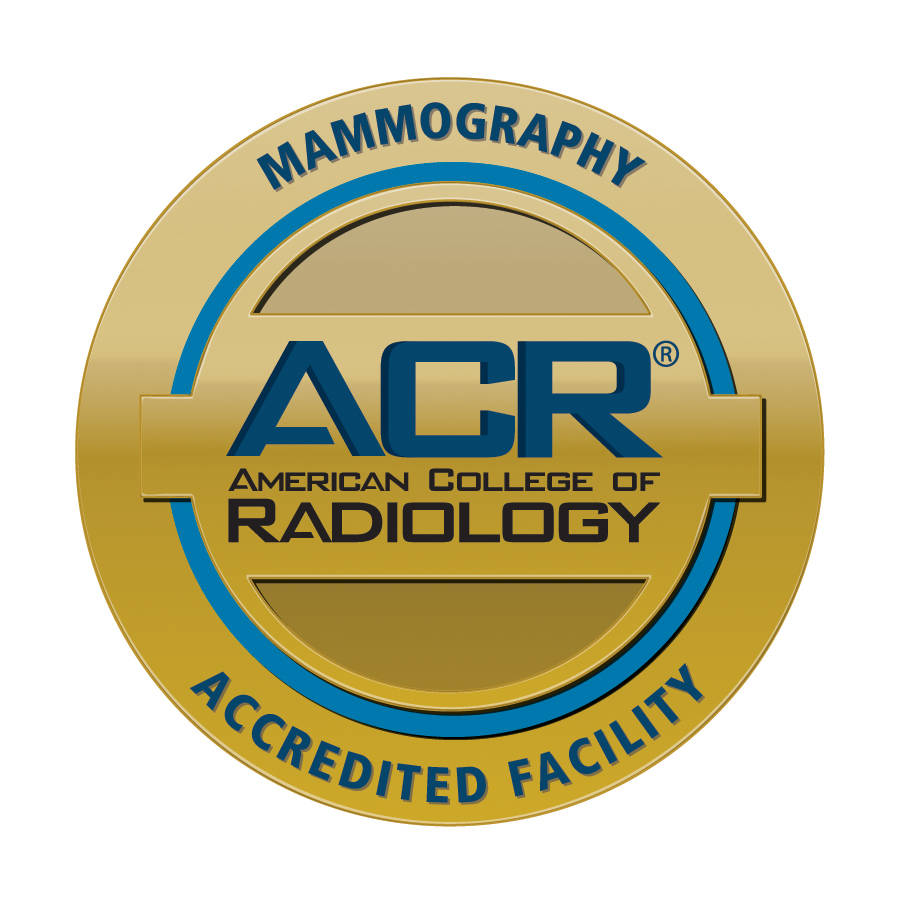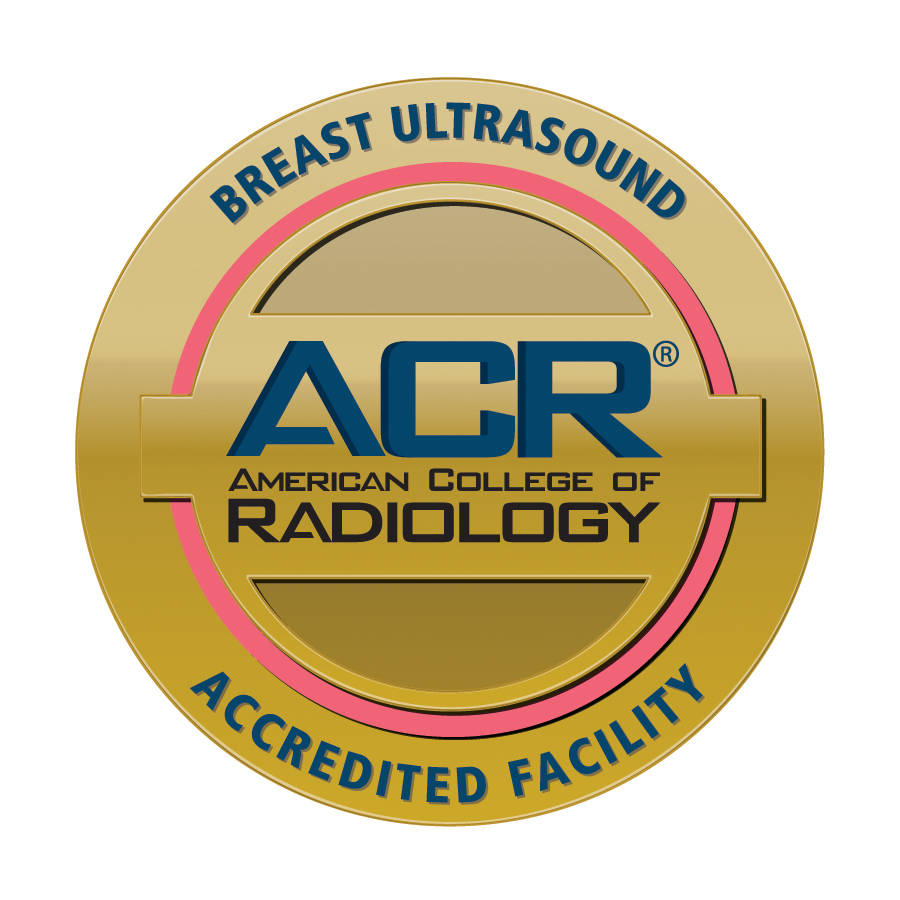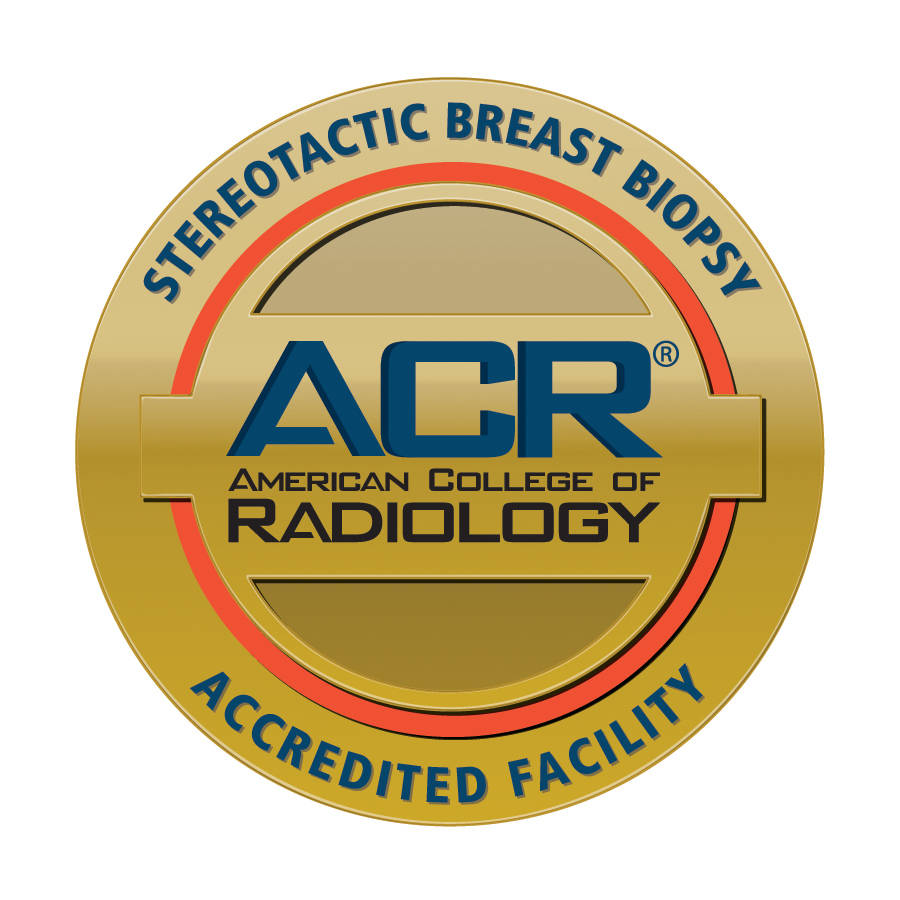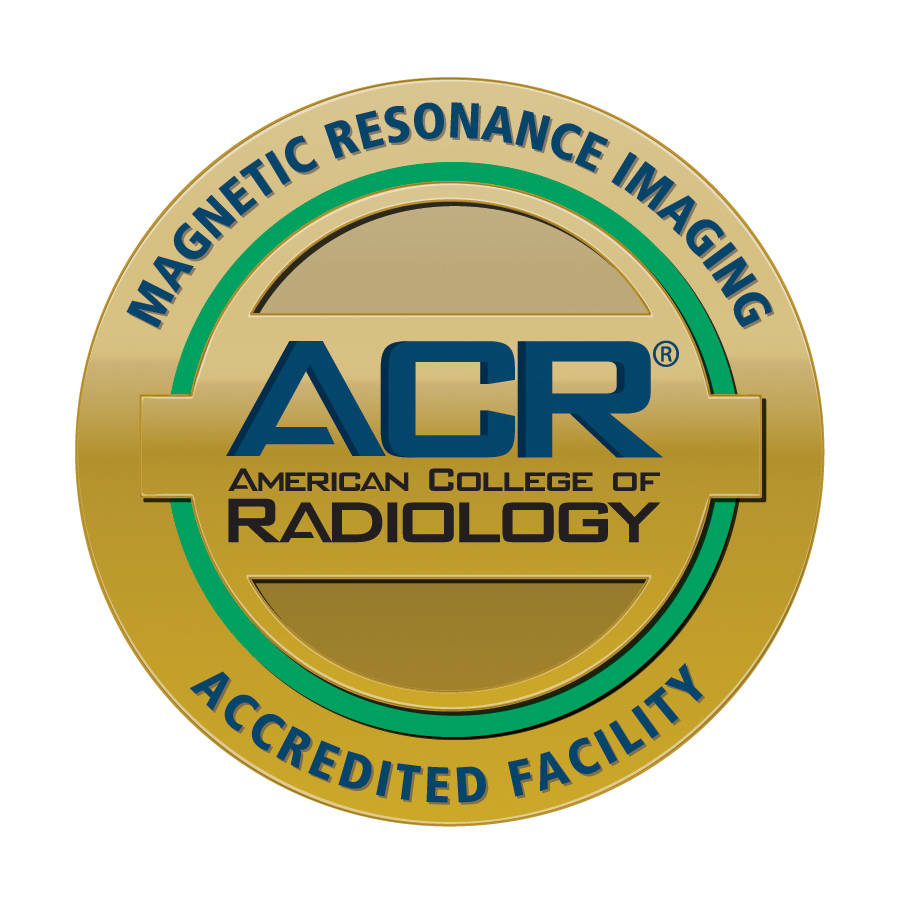Schedule your mammogram today
.jpg?h=412&iar=0&w=609)
Shared Experience
An estimated 90 percent of women experience some degree of breast pain at some point in their lives. Breast pain does not usually indicate cancer. A number of factors can contribute to breast pain.
The most frequent cause of breast pain is cyclical hormonal changes. Normal breasts responses to the surge of estrogen just before the menstrual period include tenderness, shooting pain, aching and increased generalized lumpiness.
Can start a week before your menstrual cycle; often resolves by the end of the cycle.
Hormone replacement can stimulate natural hormonal responses, causing pain.
Cyclical pain can appear in one breast or both.
There are a number of factors that can cause or aggravate breast pain or tenderness:
Dietary factors including caffeine and the herbs Ginseng and Dong Quai
Some medications, such as those for hypertension and heart disease
Nicotine narrows the blood vessels above the waist, contributing to breast pain
Poorly fitting bras and certain styles can cause pain
Injury can cause short-term pain but does not increase breast cancer risk
Some women have found relief from their breast pain by using one or a combination of the following suggestions:
Vitamin E 400-800 I U/daily
Anti-inflammation medications (Advil®, Aleve®, aspirin)
Eliminate smoking
Evening Primrose Oil, 6 capsules daily
Warm compresses
Decrease intake of Ginseng and/or Dong Quai
Chest Wall Pain
Occasionally, pain in the chest wall, also know as musculoskeletal pain, can imitate breast pain. Any new physical activity can bring on muscle soreness, another cause of musculoskeletal pain. Women are prone to developing costochondritis, inflammation of the rib cartilage around the breast bone. Anti-inflammatory medication such as ibuprofen, Motrin® or Advil® can be helpful if the pain is severe
Related Locations
Upholding high standards for comprehensive breast care
Patient Stories
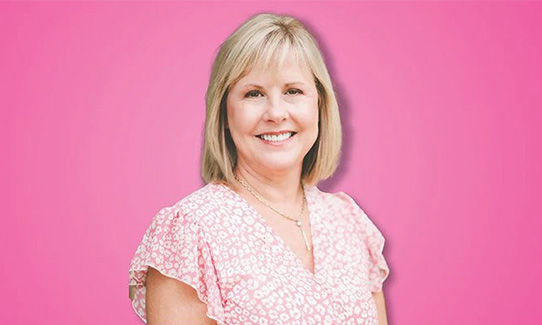
Mammograms Are Not Optional
Paige McFall was determined to beat her aggressive breast cancer.
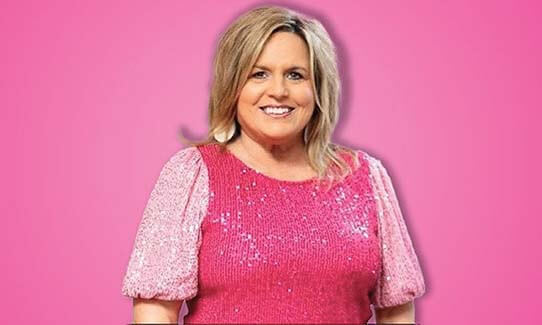
‘I Thought What I Found Would Go Away, But it Didn’t'
Like many busy women, Debbie Cochran put off getting her annual mammogram.

‘I Was Fortunate to Catch it as Early as We Did’
If Anita Monroe had put off her mammogram, her prognosis would not be so positive.
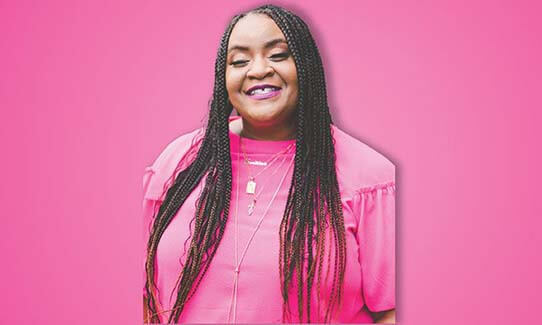
‘If Something Is Not Right, Get Checked’
Shirlette Judon celebrating 16 years as breast cancer survivor

Mammograms Are Not Optional
Paige McFall was determined to beat her aggressive breast cancer.

‘I Thought What I Found Would Go Away, But it Didn’t'
Like many busy women, Debbie Cochran put off getting her annual mammogram.

‘I Was Fortunate to Catch it as Early as We Did’
If Anita Monroe had put off her mammogram, her prognosis would not be so positive.

‘If Something Is Not Right, Get Checked’
Shirlette Judon celebrating 16 years as breast cancer survivor
Related Resources
View AllBreast cancer screening matters. Annual screening with mammography is recommended starting at age 40 for those at average risk.

Breast Density
Breast density impacts the effectiveness for mammography and the risk of breast cancer. Supplemental screening with automated ultrasound (ABUS) along with mammography improves breast cancer detection rate.

Breast Density
Breast density impacts the effectiveness for mammography and the risk of breast cancer. Supplemental screening with automated ultrasound (ABUS) along with mammography improves breast cancer detection rate.


